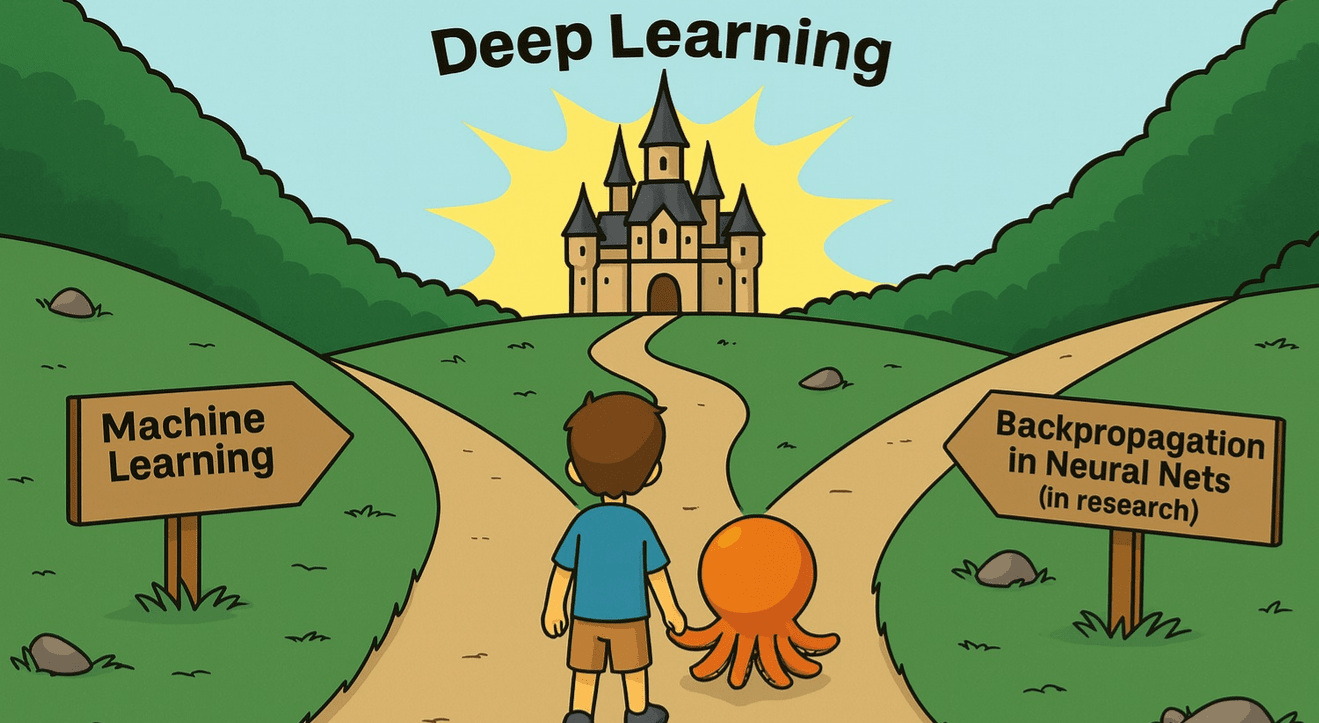Data is becoming the most expensive "oil" of this era. Whenever we converse with ChatGPT, seek medical advice, or ask for legal consultation, there is an immense amount of wisdom from countless data creators silently supporting the answers provided by AI. Ironically, the data contributors who provide the "nutrition" for AI models seldom receive the rewards they deserve. This structural injustice not only limits the continuous supply of high-quality data but also becomes a fundamental barrier to the specialized and refined development of AI.

The emergence of OpenLedger is precisely to break this vicious cycle. This project, known as the "AI blockchain," attempts to redefine the logic of data value distribution through the incentive mechanisms of Web3, allowing every data contributor to receive fair returns from the commercialization process of AI.
The core issue currently facing the AI industry is not the technology itself, but the lack of an incentive structure. As ChatGPT itself has acknowledged: 'OpenAI has never directly paid individual creators who published data online.' This 'free acquisition, commercial monetization' model, while promoting rapid development of AI, has also created a clear paradox: the fields that need expertise the most find it hardest to obtain high-quality training data because experts lack the economic motivation to share their knowledge.
The solutions proposed by OpenLedger are quite creative. They have built a decentralized data network called DataNets, which structurally collects and validates expert data from various fields. More importantly, through their innovative PoA (Proof of Attribution) mechanism, the system can track the contribution of specific data in each AI output and distribute real-time micro-rewards accordingly.
Imagine a scenario where a dermatology expert contributes a diagnostic dataset for rare skin diseases to the platform, and months later, when a doctor inquires about related symptoms, the AI model provides accurate diagnostic suggestions. The PoA system will automatically identify the role of the expert's data in this output and immediately issue $OPEN token rewards. If this dataset continues to support thousands of queries, the expert will receive a steady stream of income, just like YouTube creators earn ongoing revenue from video views.
The clever aspect of this model lies in transforming the 'black box' nature of AI into a transparent value distribution mechanism. Traditional AI models find it challenging to trace the data sources of specific outputs, but OpenLedger, by focusing on lightweight specialized models (SLMs) rather than general large models, makes fine-grained attribution tracking possible. Especially with support from technologies like RAG (Retrieval-Augmented Generation) and LoRA (Low-Rank Adaptation), the system can clearly record which data segments were invoked and their impact on the final output.
From a market performance perspective, the trend of the $OPEN token also reflects the market's recognition of this model. After its launch on Binance in early September, the token price soared by 200%, although it subsequently corrected, it still maintained a relatively high level. More notably, OpenLedger has gained support from significant partners, including Trust Wallet, which lays the foundation for reaching a broader user base.
However, the challenges faced by OpenLedger are equally significant. The first is the cold start problem: the platform needs a sufficient number of high-quality data contributors and model developers to create a virtuous cycle, but it is difficult to attract both groups simultaneously in the early stages. Secondly, there is the complexity of data validation: how to ensure that the uploaded data indeed has professional value, and how to establish a credible network of validators, all of which require time and resources to resolve.
A deeper challenge lies in the sustainability of the business model. Although OpenLedger envisions a promising 'payable AI', whether the actual revenue distribution is sufficient to incentivize experts to continuously contribute high-quality data still requires long-term market validation. After all, the monetization of expertise involves complex value assessments and interest balancing, which is far from a simple technical issue.
From a technical architecture standpoint, OpenLedger has chosen a relatively pragmatic path. By adopting Ethereum Layer 2 solutions instead of redeveloping Layer 1, the team can focus more energy on developing core AI functions. No-code model training tools like ModelFactory lower the barrier for professional model development, allowing non-technical experts to participate in the creation of AI models. The dynamic model service framework of OpenLoRA significantly reduces deployment costs, making large-scale specialized AI services possible.
When we place OpenLedger within the broader macro trends of AI development, its value proposition becomes clearer. As the diminishing returns of general AI model capabilities become increasingly evident, specialization and verticalization are becoming important directions for AI development. OpenLedger has precisely captured this trend by promoting the digitization and modeling of expertise through economic incentive mechanisms, providing new pathways for the refined development of AI.
From an investment perspective, OpenLedger represents an interesting attempt at the fusion of AI and Web3. In contrast to projects that simply attach AI functionalities to blockchain, OpenLedger rethinks the distribution mechanism of data value from the ground up. This original business model innovation is worthy of attention. However, the project's success largely depends on whether a sustainable ecosystem of data contributors can be established, a process that may be longer and more complex than technical development.
The story of OpenLedger is just beginning. In an era where AI increasingly permeates various professional fields, how to ensure fair compensation for knowledge creators and how to establish credible professional AI services are questions whose answers will determine the future direction of the AI ecosystem. OpenLedger offers a promising approach, but its ultimate success or failure will depend on market and time validation.

